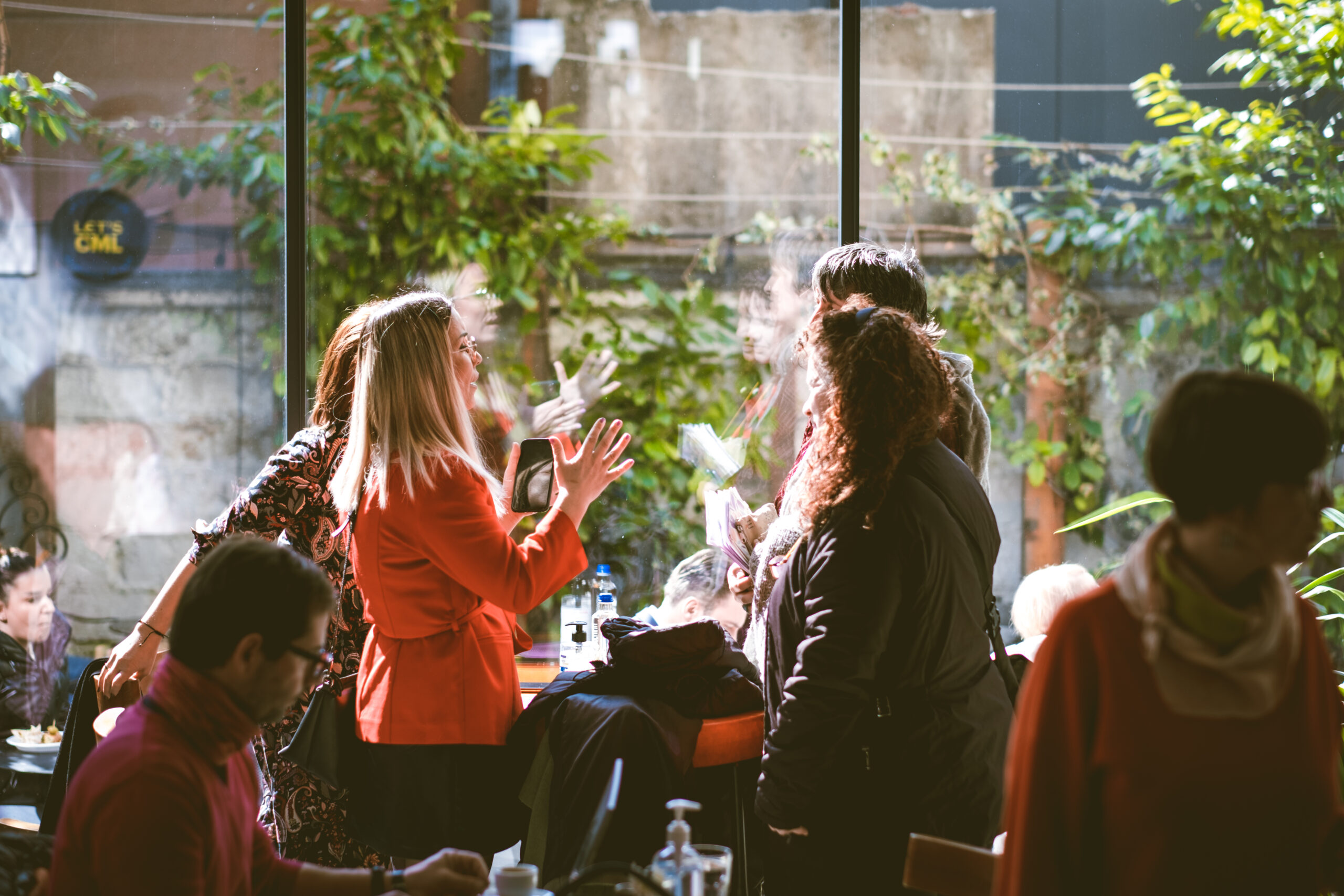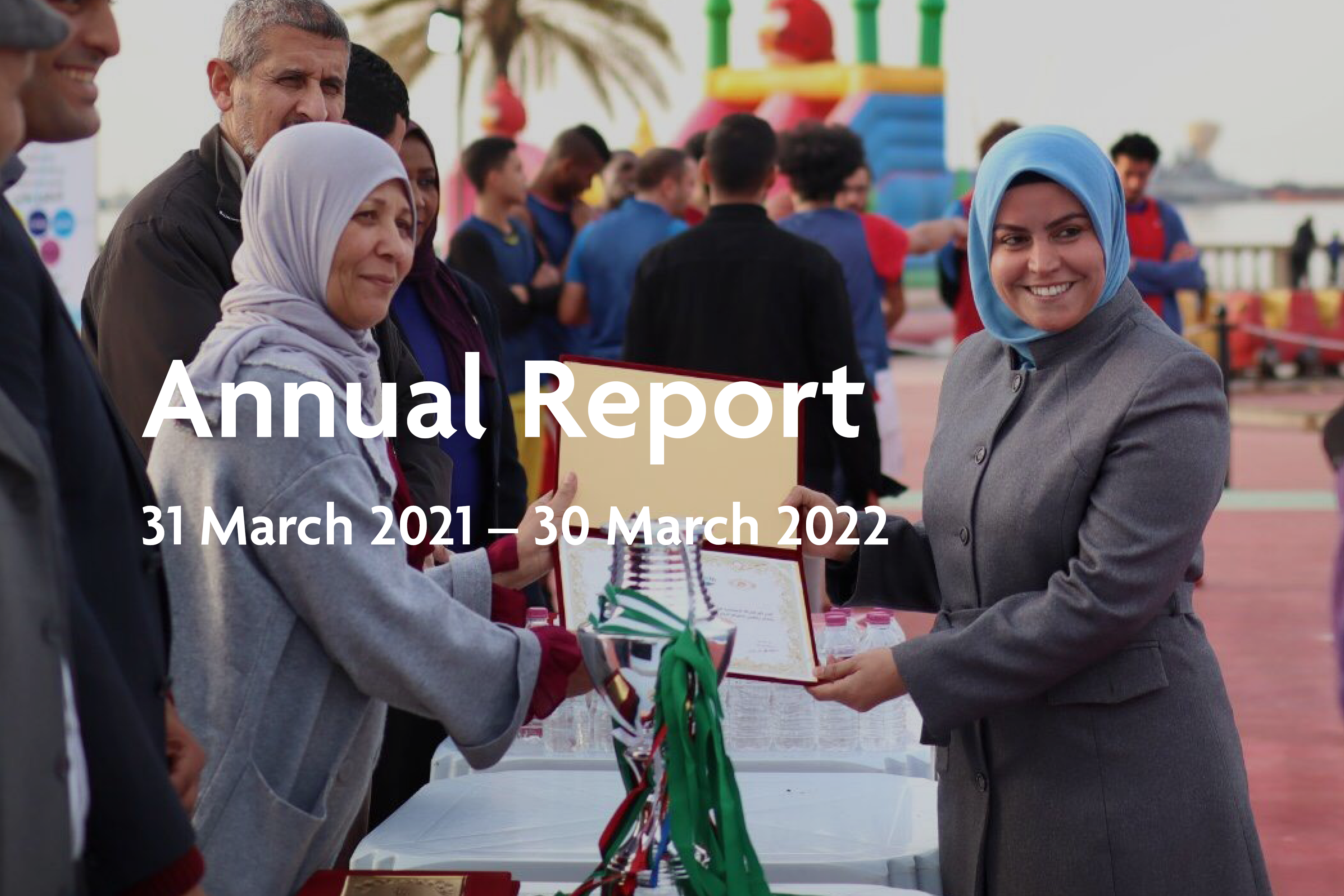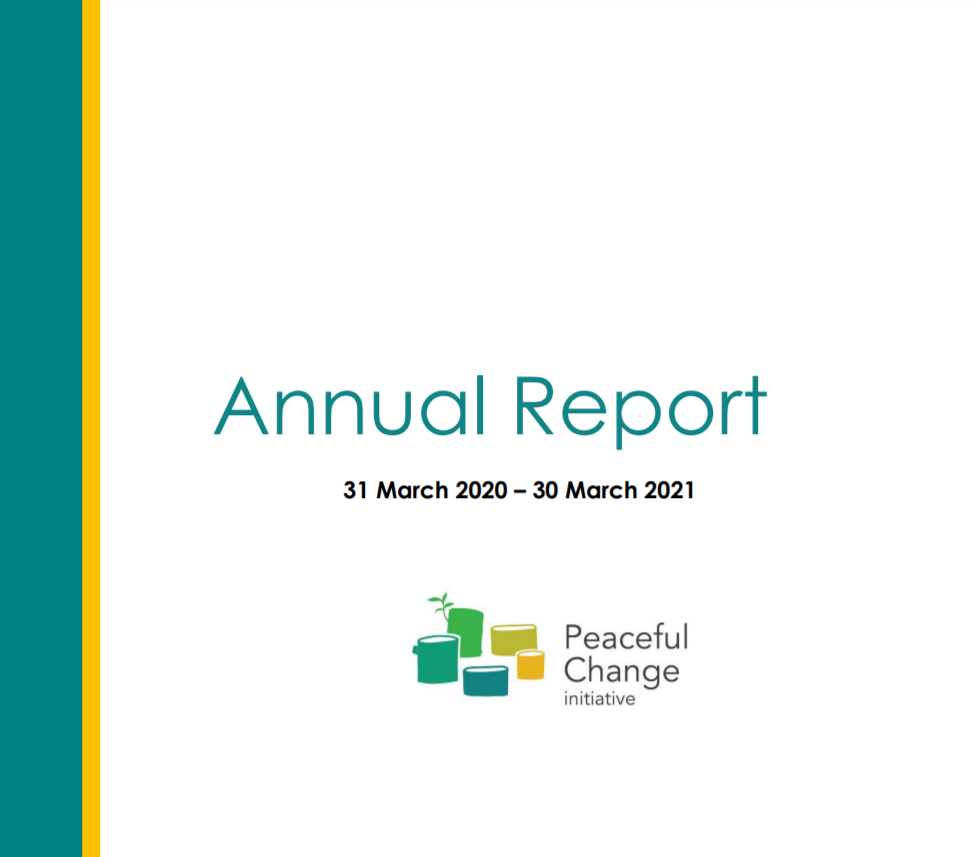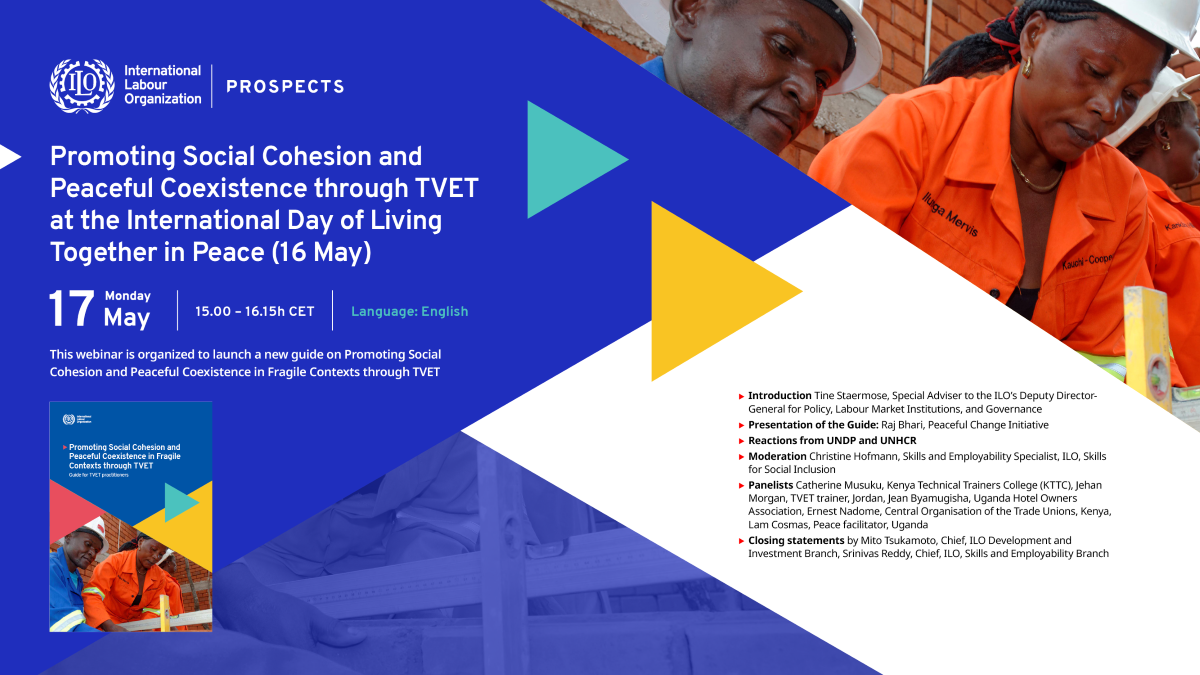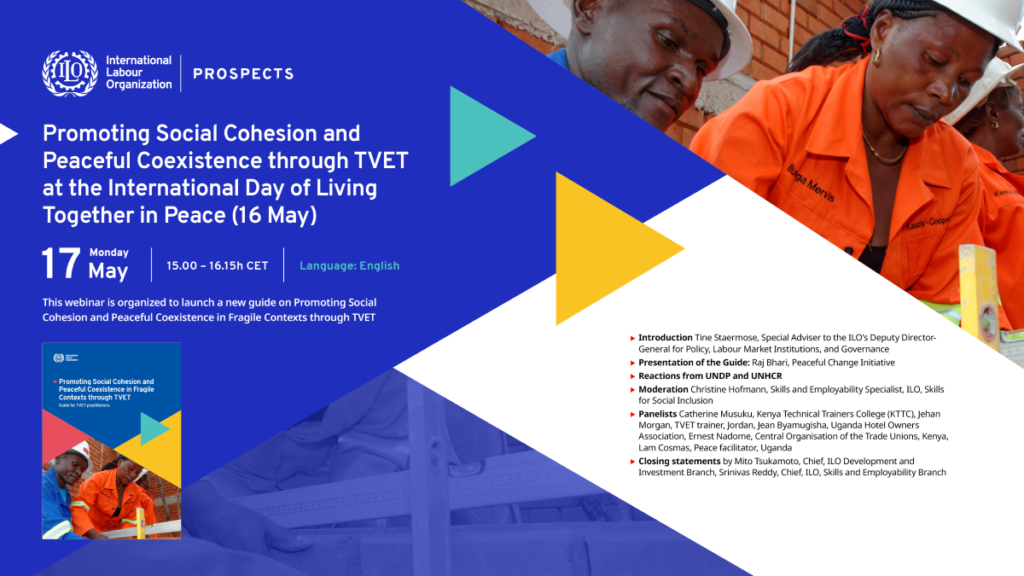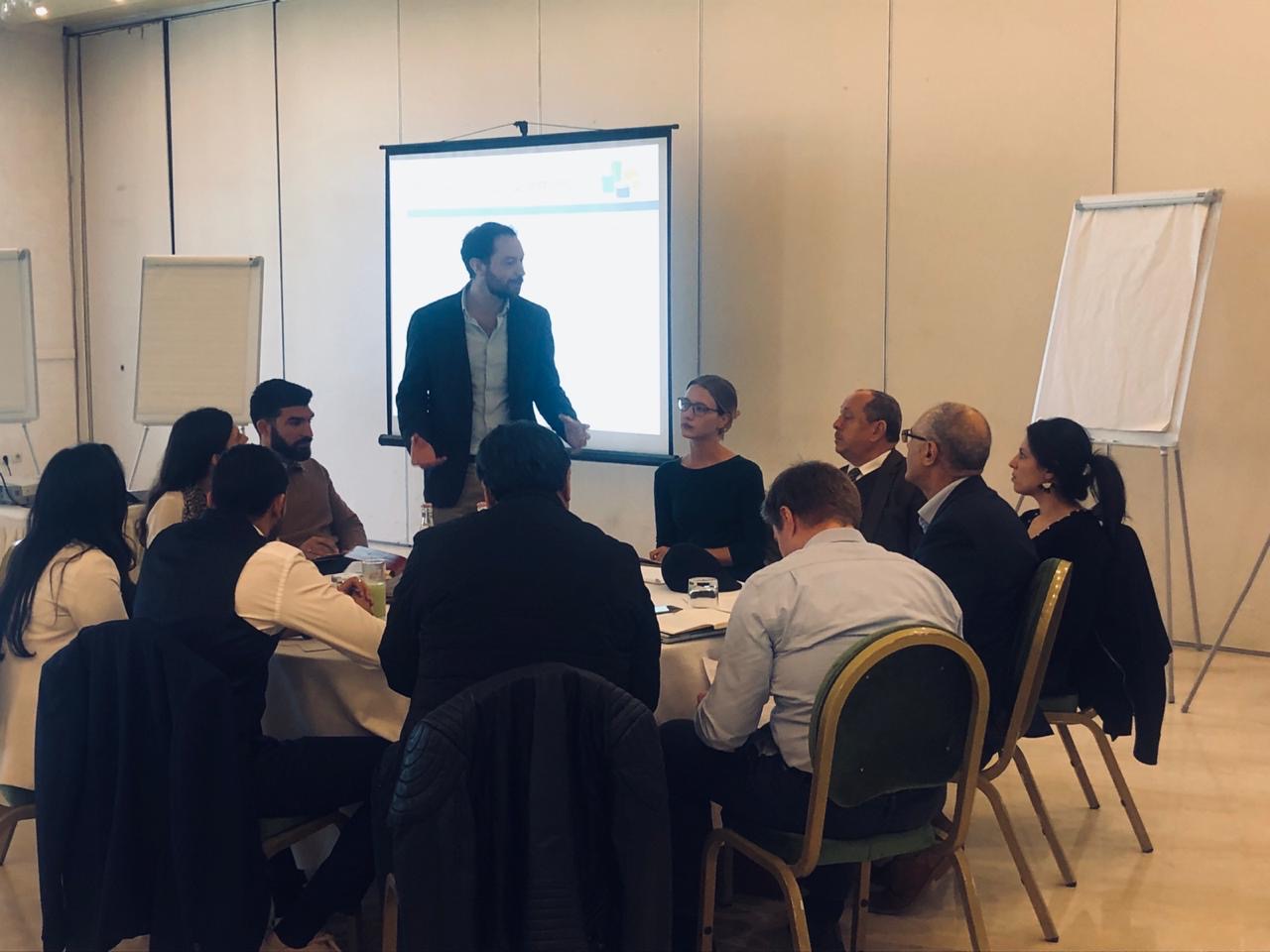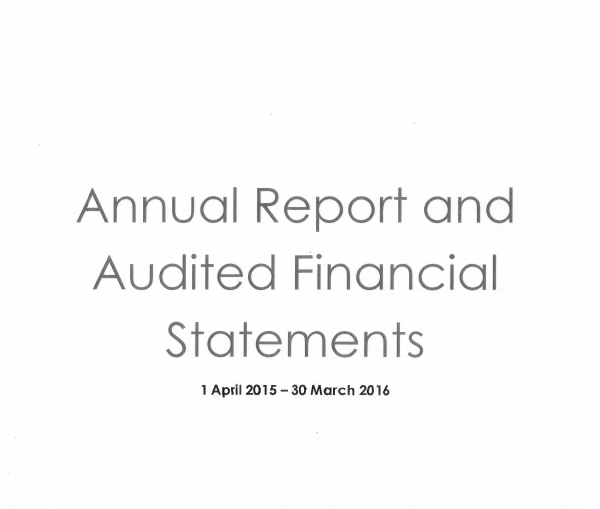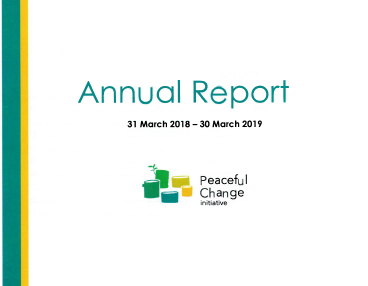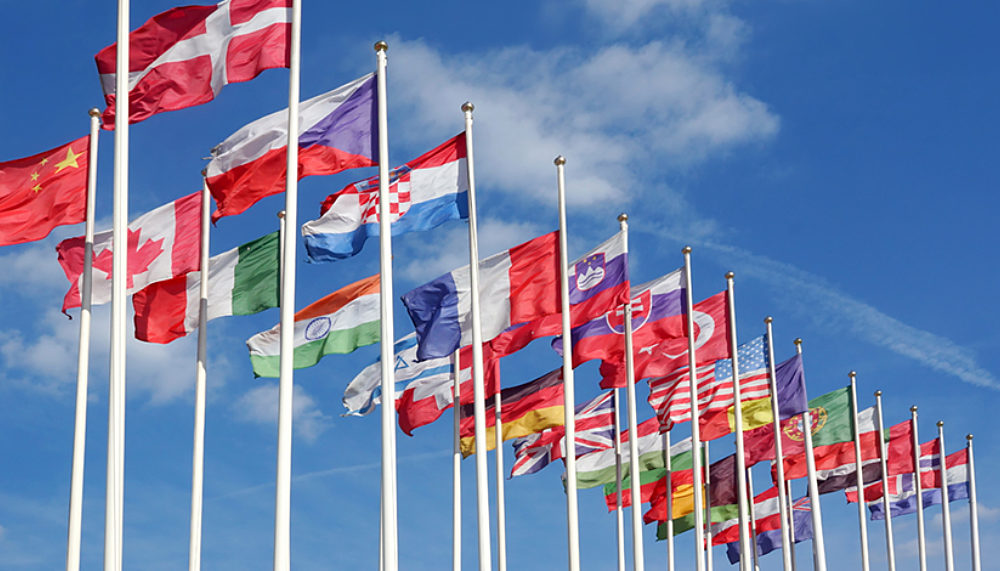

We now live in a multi-polar world. The US, the UK and the EU no longer project the hard and soft power required to credibly to maintain the international norms and institutions that have sought to manage violent conflict since World War II. In a multi-polar world we can anticipate a new era of great power rivalry. We can anticipate that more countries and armed groups will calculate to take a chance on violence with less fear of severe consequences.
This era will be characterised by greater complexity, unpredictability and very sensitive to changes in climate and economic conditions. As peacebuilders we need to confront some deeply uncomfortable questions about how our existing tools and methodologies will stack up and how we, as a community, can be part of preventing some of the worst outcomes in terms of violent conflict.
Reflecting on how peacebuilders can respond to this increased potential for chaos and violence, four core actions spring to mind:
Support to renewed international norms and institutions
The UN and other post-WW II institutions are already under what appears as existential pressure. There are many reasons to feel cynical about the efficacy of the UN and other international institutions. At a time where we are looking to support localisation and decolonisation agendas, they are also easily decried as serving the interests of Western countries. However, these institutions have also presided over the most peaceful era in recorded history, with a sharp decline in deaths from war since 1946, and more people than ever being governed by democratically elected governments.
International institutions and norms represent the best chance of channelling disputes between states into arbitration and problem solving rather than the use of force. They will be critical to preventing a race to the bottom with respect to climate change measures and responses. A core priority for peacebuilders should be to work in broad coalitions across the North and South to support the evolution of international institutions that can manage modern problems and conflicts. In so doing, peacebuilders should engage across diverse contexts to help negotiate the inclusive set of values that can underpin institutions and norms as they evolve. The UN’s 2023 New Agenda for Peace offers one starting-point for reflection, critique and development.
Work within our own communities
European politics are seeing a rise in populism, nationalism and far-right political platforms. Perhaps tapping into an increasing levels of public distrust in politicians and “elites”, some of the political platforms that are finding electoral support actively seek to overthrow the existing political order – including through violence. Liberal democracy is, so far, the best political idea that Western countries have had for how to manage conflict amongst their many constituent parts. History suggests that we should be very cautious about an increased potential for violent conflict as a result of these political shifts. We are likely to see deepening of divisions within our own European societies that may well find violent expressions.
Additionally, populist/nationalist governments are likely to be less supportive of the type of values-based international institutions that is required to manage conflicts and challenges a multi-polar world. Speaking from the perspective of a UK-HQ’ed organisation, it is clear that European peacebuilders can play an important role in using our tools and knowledge to help maintain social cohesion and tackle drivers of violent conflict within our own societies.
In addition, European peacebuilders should work with a wide range of coalitions within our own societies to counteract nationalism and extremist narratives and to maintain liberal political and democratic institutions. We should seek lessons learned from peacebuilding colleagues in other parts of the world who have worked against populist and autocratic governments.
Developing shared concepts of sustainable peace
European and other Western peacebuilding organisations tend to define sustainable peace with reference with liberal political theory. It is important to acknowledge that peacebuilders in other parts of the world express scepticism with liberalism, not least for its focus on individualism, state centricity and neglect of locally specific traditions, initiative and ownership. For many, political liberalism is further tarnished by the societal and environmental impacts of economic policies and practices (neo-liberalism).
Overcoming division and working in solidarity as peacebuilders will be critical in a multi-polar more chaotic and violent world. Therefore, peacebuilders from across the world must continue to meaningfully engage in discussion to develop shared understandings of what sustainable peace means. This will contribute to shared efforts to localise peacebuilding work and create a platform for supporting each other’s work towards peace within our respective communities.
Strengthening methodologies
Peacebuilding tools and methodologies were developed in the bi-polar and subsequently uni-polar world after WW II. They have demonstrated effectiveness in confronting conflict dynamics when local solutions can be developed and sustained. As great power dynamics become a more prevalent feature of conflict landscapes, peacebuilding practitioners may find it increasingly difficult to make and maintain impact on reducing violence because great powers will have the capacity to disrupt locally developed agreements and conflict resolution mechanisms. “Geopolitics” is generally seen as above the pay-grade of peacebuilding organisations, and outside our sphere of influence. We do not have many existing tools for confronting the impact of great power interests on conflict situations.
As peacebuilding organisations we need to develop better practices of working together within a specific country, developing shared theories of change to ensure that all our programmes use their diverse skills sets and resources to pull in the same direction and empower locally led initiatives. Peacebuilding organisations must also urgently collaborate on developing robust theories of change for how peacebuilding can confront war in an era of great power clashes.
Peacebuilding organisations have much to offer to address fragility and conflict. However, many peacebuilding organisations, like Peaceful Change initiative, have tended to see our role as technical – we implement projects in accordance with results frameworks, activity plans and reporting schedules. We may now need to adopt a more activist stance where we do more to advocate for and champion the idea of peace – including within our own societies. This may require us to become more politically engaged than many of us are comfortable with. Through solidarity, collaboration and acting in coalitions we will need to find ways to claim the space to confront the trends that are driving power rivalry and conflict in the future.

